1,5-DIAMINOPENTANE DIHYDROCHLORIDE
Synonym(s):1,5-Diaminopentane dihydrochloride;1,5-Diaminopentane dihydrochloride solution;1,5-Pentanediamine dihydrochloride;Additive Screening Solution 33/Kit-No 78374;Pentamethylenediamine dihydrochloride
- CAS NO.:1476-39-7
- Empirical Formula: C5H16Cl2N2
- Molecular Weight: 175.1
- MDL number: MFCD00012527
- EINECS: 216-022-0
- SAFETY DATA SHEET (SDS)
- Update Date: 2025-12-29 14:06:09

What is 1,5-DIAMINOPENTANE DIHYDROCHLORIDE?
The Uses of 1,5-DIAMINOPENTANE DIHYDROCHLORIDE
Cadaverine dihydrochloride may be used in the cadaverine tolerance test to evaluate the tolerance of Escherichia coli K12 wild-type strain W3110 for cadaverine in chemically defined R/2 medium. It may be used for the crystallization of maltose-binding protein (MBP)-parathyroid hormone receptor (PTH1R) extracellular domain (ECD)-His6 fusion protein. It has been used as standard compound for the chromatographic quantification of biogenic amines in fish tissue samples.
Definition
ChEBI: A hydrochloride resulting from the reaction of cadaverine with 2 mol eq. of hydrogen chloride.
General Description
Cadaverine dihydrochloride, dihydrochloride salt of cadaverine (a diamine), is a biogenic amine.
Properties of 1,5-DIAMINOPENTANE DIHYDROCHLORIDE
| Melting point: | 260-262 °C(lit.) |
| Density | 1.03 g/mL at 20 °C |
| storage temp. | 2-8°C |
| form | powder to crystal |
| color | White to Light yellow |
| Water Solubility | almost transparency |
| BRN | 3611329 |
| InChI | InChI=1S/C5H14N2.2ClH/c6-4-2-1-3-5-7;;/h1-7H2;2*1H |
| CAS DataBase Reference | 1476-39-7(CAS DataBase Reference) |
| EPA Substance Registry System | 1,5-Pentanediamine, dihydrochloride (1476-39-7) |
Safety information for 1,5-DIAMINOPENTANE DIHYDROCHLORIDE
| Signal word | Warning |
| Pictogram(s) |
 Exclamation Mark Irritant GHS07 |
| GHS Hazard Statements |
H315:Skin corrosion/irritation H319:Serious eye damage/eye irritation H335:Specific target organ toxicity, single exposure;Respiratory tract irritation |
| Precautionary Statement Codes |
P261:Avoid breathing dust/fume/gas/mist/vapours/spray. P264:Wash hands thoroughly after handling. P264:Wash skin thouroughly after handling. P271:Use only outdoors or in a well-ventilated area. P280:Wear protective gloves/protective clothing/eye protection/face protection. P302+P352:IF ON SKIN: wash with plenty of soap and water. P305+P351+P338:IF IN EYES: Rinse cautiously with water for several minutes. Remove contact lenses, if present and easy to do. Continuerinsing. |
Computed Descriptors for 1,5-DIAMINOPENTANE DIHYDROCHLORIDE
| InChIKey | FGNLEIGUMSBZQP-UHFFFAOYSA-N |
| SMILES | C(CCN)CCN.Cl.Cl |
New Products
4,4-Difluoropiperidine hydrochloride tert-butyl 9-methoxy-3-azaspiro[5.5]undecane-3-carboxylate Indole Methyl Resin N-Isopropylurea N,N-Dicyclohexylcarbodiimide(DCC) MELDRUMS ACID 5-METHYLISOXAZOLE-4-CARBOXYLIC ACID Magnessium Bis glycinate Zinc ascorbate 1-bromo-2-butyne 2-acetamidophenol 9(10H)-anthracenone Erythrosin B, 4-Piperidinopiperidine 2-((4-morpholinophenylamino) (methylthio) methylene) malononitrile 2,4-dihydroxybenzaldehyde 3-(4-morpholinophenylamino)-5-amino-1H-pyrazole-4-carbonitrile Methyl 2-methylquinoline-6-carboxylate 2,6-dichloro-4-nitropyridine 4-Bromo-2-chlorobenzonitrile 2-(benzylamino)acetic acid hydrochloride 4-(tert-Butoxycarbonylamino)but- 2-ynoic acid 3,4-dihydro-2H-benzo[b][1,4]dioxepine 1-Phenyl-1-cycloprppanecarboxylicacidRelated products of tetrahydrofuran
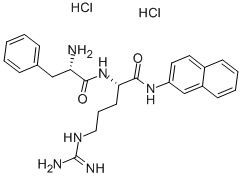
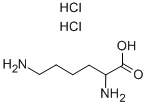
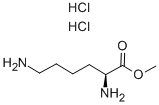

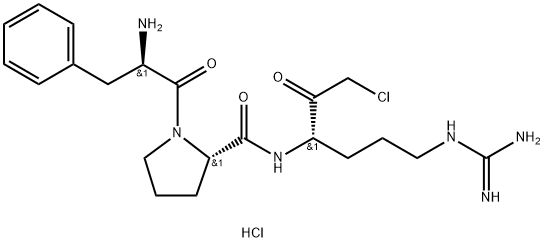
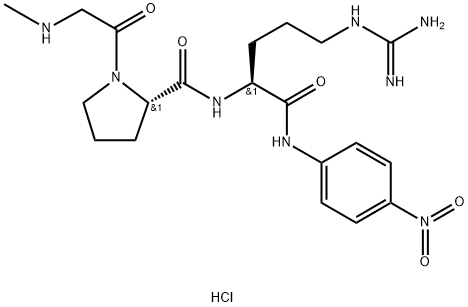
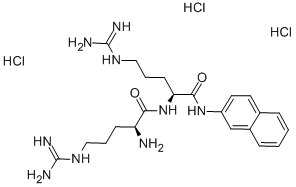

You may like
-
 1,5-Diaminopentane Dihydrochloride CAS 1476-39-7View Details
1,5-Diaminopentane Dihydrochloride CAS 1476-39-7View Details
1476-39-7 -
 Cadaverine dihydrochloride CAS 1476-39-7View Details
Cadaverine dihydrochloride CAS 1476-39-7View Details
1476-39-7 -
 Cadaverine dihydrochloride CAS 1476-39-7View Details
Cadaverine dihydrochloride CAS 1476-39-7View Details
1476-39-7 -
 3-(4-amino-1-oxoisoindolin-2-yl)-1-methylpiperidine-2,6-dione 98%View Details
3-(4-amino-1-oxoisoindolin-2-yl)-1-methylpiperidine-2,6-dione 98%View Details -
 20677-73-0 (2,2-diethoxyethyl)methylamine 98%View Details
20677-73-0 (2,2-diethoxyethyl)methylamine 98%View Details
20677-73-0 -
 3-(4-(hydroxyamino)-1-oxoisoindolin-2-yl)piperidine-2,6-dione 98%View Details
3-(4-(hydroxyamino)-1-oxoisoindolin-2-yl)piperidine-2,6-dione 98%View Details -
 57381-49-4 2-bromo-4-chlorobenzonitrile 98%View Details
57381-49-4 2-bromo-4-chlorobenzonitrile 98%View Details
57381-49-4 -
 4,6-dichloropyrimidine-5-carbaldehyde 98%View Details
4,6-dichloropyrimidine-5-carbaldehyde 98%View Details
5305-40-8
Statement: All products displayed on this website are only used for non medical purposes such as industrial applications or scientific research, and cannot be used for clinical diagnosis or treatment of humans or animals. They are not medicinal or edible.
